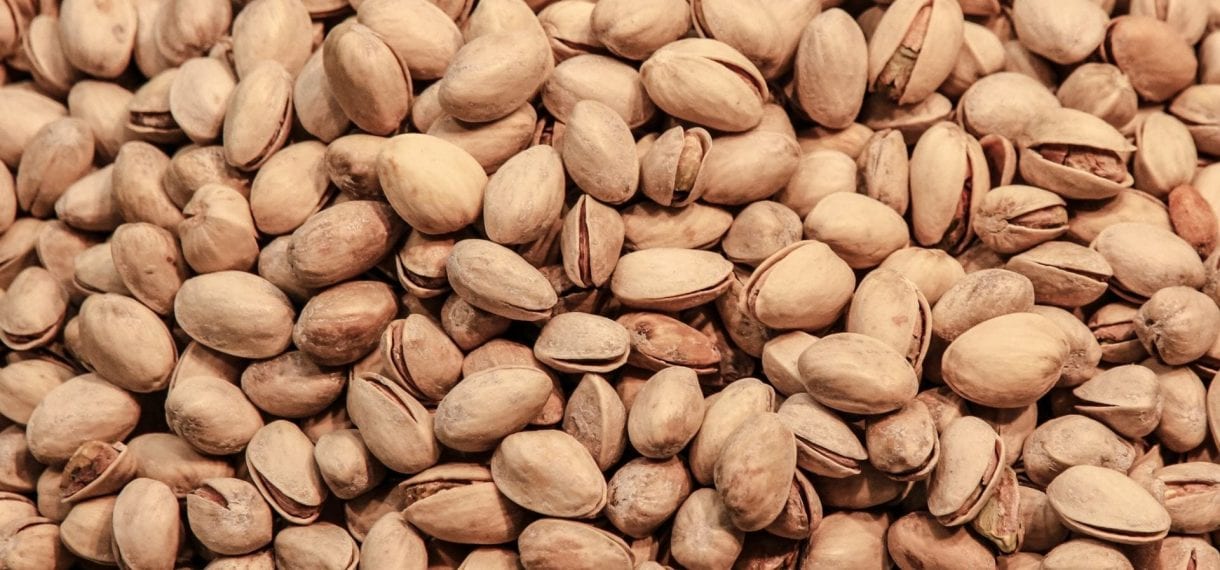

Research on safety of imported nuts and seeds featured by IFST
Research by Dr Bukola Onarinde, Principal Lecturer at the National Centre for Food Manufacturing has been featured in the Institute of Food Science and Technology (IFST). The original article can be found here.
“In the past people have considered that low moisture foods are safe to eat without any problem due to their low water activity and inability to support microbial growth. Recently over the past two decades however, low moisture products such as nuts, seeds and spices are increasingly been associated with product recalls and foodborne outbreaks due to contamination by pathogens such as Salmonella spp. and Escherichia coli. A few examples ofoutbreaks relating to nuts and seeds are presented in Table 1.
The awareness of the potential of nuts and seeds as vehicles for transmission of pathogens has also risen due to several reported cases of food poisoning and product recalls publicised in the media. Also the number of alerts (Table 2) and border rejections (Table 3) relating to some imported low moisture products gives warnings about the vulnerabilities that the low moisture product industries have regarding microbial contamination.
In order to ensure the safety of imported food products generally, there are steps taken prior to importation at the country of origin, at the point of entry into the country receiving the products and beyond. Among such steps is conducting microbial and chemical analysis of samples of the product at the point of entry to assess safety of the product.
While port-of-entry inspections to detect microbial and non microbial contaminants help to flag a few potential hazards in the imported products, relying on this one-step does not ensure the safety of the food product nor does it address the potential for contamination that may go undetected. In addition to port-of-entry inspection, there is a varying degree of quality assurance operating upon business to business level, for example some industries conduct process validation and challenge studies to ensure their thermal and/or non-thermal process is sufficient to reduce/eliminate potential microbial hazards that may be present in the product. While steps are been taking to ensure product safety from point of entry and beyond, there appears to be no organized programs for inspection of overseas facilities for most low moisture imported foods.
Maintaining food safety along the supply chain can be very challenging as food safety problems may arise at any stage of the supply chain, problems may arise at the farm, processing facility, retailers or even in the hands of the consumers. Providing a safe supply chain becomes even more challenging especially for imported products that are sourced from a diversity of small farms around the world. When a processing stage fails, food safety hazards may eventually be passed on to the end of the supply chain, hence it is important to bridge the gap between all stakeholders in the supply chain for safe, hygienically processed and handled food materials.
Contaminations of nuts and seeds most likely occur on the farm (Figure 1) and without adequate processing to mitigate the presence of food safety hazards at the early stage of the supply chain, there is a potential for contamination of the final product. There is a lot of activities carried out to minimize food safety risk beyond the farm stage as mentioned earlier, however very little is done to improve safety at farm stage especially for most low moisture imported foods sourced from developing nations.
From my personal experience, some local farmers (that are part of the supply chain of imported products) are not aware of food safety risk associated with some of their farming practices and what goes on beyond the farm stage. Some of these farmers have minimal or no formal education, they do not have knowledge of Good Agricultural Practice (GAP), HACCP, food safety hazards on farms etc. In my opinion the first step in ensuring the safety of imported low moisture foods should be educating the smallholder farmers especially in the developing countries and putting in place measure to reduce/minimise food safety risk at the farm stage.
The increasing complexity and globalisation of our food supply chains have posed new challenges in ensuring the safety and quality of the low moisture food products. In order to cope with these challenges food safety should begin from the farm stage and continue throughout the supply chain. Protecting the safety of imported low moisture foods requires a comprehensive and coordinated effort throughout the supply chain. Everyone including farmer, farm workers, accumulator, packer, processor, exporter, transported, wholesaler, retailer, government agency, trading companies and the consumers should share the responsibility to safe guard the supply chain of imported foods.
Dr Bukola Onarinde, The University of Lincoln”